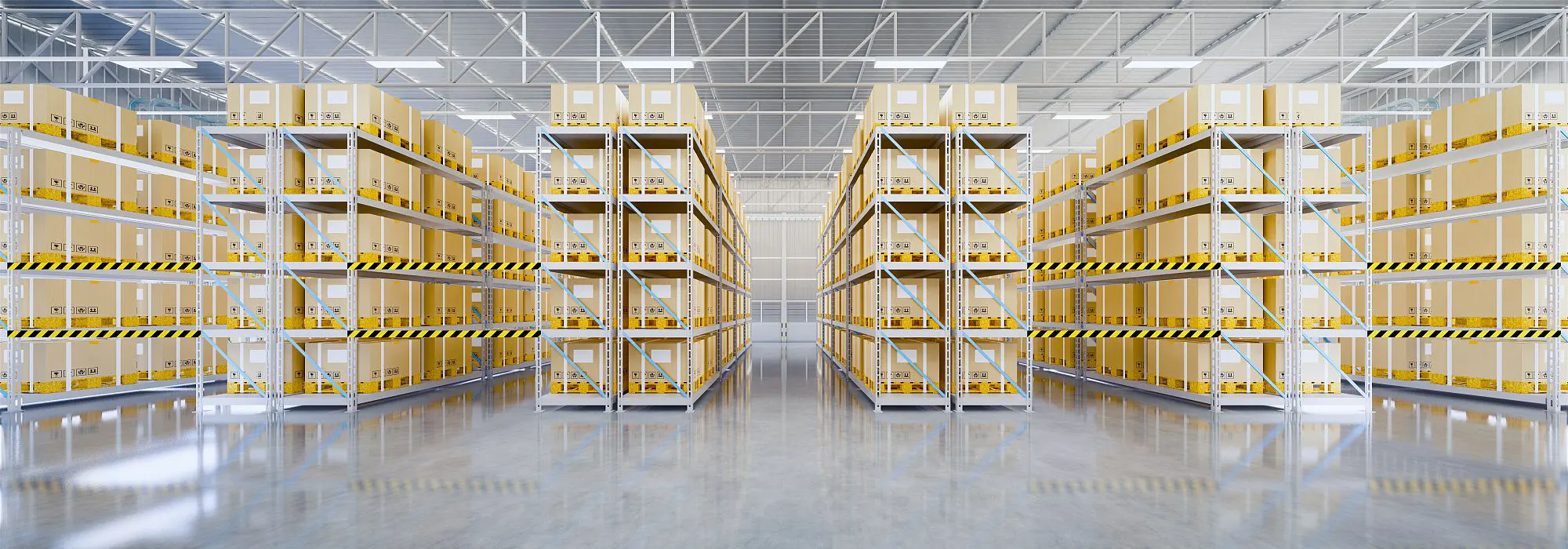What is IoT?
IoT is the future that already started. It means the “Internet of things”. IoT-powered tracking systems make use of advanced mobile data to analyze and provide new solutions to the challenges of vehicle tracking, and fleet management.
One of the major obstacles that are faced in the transportation and logistics industry is getting accurate information on the arrival, direction, and departure of vehicles or goods. This information could not be monitored as a result of traffic congestion, labor costs, and other human factors. Some of the role of IoT in vehicle tracking is that it monitors fleets with the use of mobile data, sensors attached to the various parts of the vehicles, and also the internet.
How IoT works in Vehicle Tracking?
![]() When an IoT-based system tracker is installed in a vehicle, data is obtained from the vehicle through GPS and OBD (On-board diagnostics II) sensors, which makes it easier to manage your fleet. The GPS data is then transmitted to a host via a network server, making it easier to track the movement of the vehicle on time. As the vehicle moves, the data from the OBD II sensors are sent to the gateway; the data gotten from the gateway enhances accurate tracking and monitoring of vehicle routes.
When an IoT-based system tracker is installed in a vehicle, data is obtained from the vehicle through GPS and OBD (On-board diagnostics II) sensors, which makes it easier to manage your fleet. The GPS data is then transmitted to a host via a network server, making it easier to track the movement of the vehicle on time. As the vehicle moves, the data from the OBD II sensors are sent to the gateway; the data gotten from the gateway enhances accurate tracking and monitoring of vehicle routes.
The information gotten from the gateway is further transmitted to a secure application server in the cloud for storage and data analysis. As a result of these processes, fleet managers have access to the data, fuel usage, engine performance, time, delivery, route, speed, location, direction, load, and a complete overview of their fleets. A lot of the IoT-based fleet vehicle tracking systems provide predictive maintenance. This allows for timely ordering of parts and components, as well as for planning vehicle availability, avoiding technical and logistical issues.
At Starcom Nigeria, we provide quality and affordable IoT GPS trackers that met the needs of every one of our customers.





